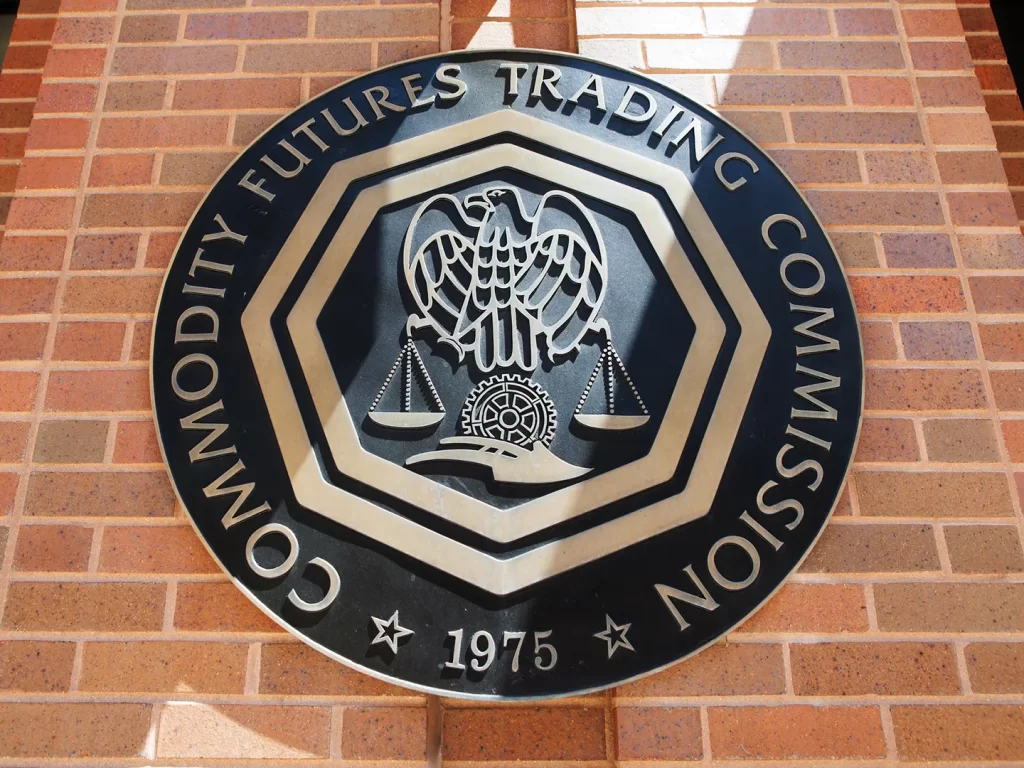
The post CFTC to Gain Upper Hand in Regulating the Crypto Market appeared first on Coinpedia - Fintech & Cryptocurreny News Media| Crypto Guide
The Commodity Futures Trading Commission (CFTC) might be winning in its feud with the U.S. Securities Exchange Commission (SEC) to regulate crypto transactions in the US. This might overload the staff and budget of the agency.
In July, a bipartisan bill sponsored by the leaders of the Senate Agriculture Committee was introduced. The CFTC is provided with the lead role in the spot trading of Bitcoin (BTC) and Ethereum (ETH); the two most dominating crypto assets of the market by value. The Senate Legislation also emphasized the role of the CFTC.
The SEC is seeking to regulate the smaller coins, which it considers securities rather than commodities. This implies that most of these crypto exchanges will have to be registered with SEC as broker-dealers, even if CFTC has a major responsibility.
In July, Coinbase – a leading crypto exchange – informed SEC that its existing rules are troublesome for digital assets. A letter addressing SEC by the exchange stated that it’s economically not viable for many participants in the crypto market as it is “associated and unnecessary compliance burdens.”
CFTC is preferred by the crypto industry as its regulation of the commodities market is less concerned with protecting retail investors than the SEC regulations for securities like stocks.
The CFTC Chair, Rostin Benham, has been competing to have the authority to regulate digital commodity spot markets; the assets are transferred without the need of an intermediary.
Benham might be trying to overreach his own limits.
Carol Van Cleef, lead of Blockchain and crypto practice at Bradley Law in Washington, pointed out that the CFTC is “undermanned” and if there is no “substantial allocation of new funding from Congress”, the agency will be overburdened.
The CFTC has 700 employees and a budget of approximately $1.47 billion per year, whereas SEC has about 5,000 employees and a budget of $2.65 billion. The current funding for both agencies is already set, but there is a definite need for additional funding.
The CFTC Commissioner, Chris Giancarlo, said “The SEC maybe three times as big as the CFTC. But you know, everything they’re doing is already coming out of the budget they got, they have three times the amount of work to do.”
If CFTC is given the official authority in a separate law then Congress will also have to provide it with additional funds. And the same applies to SEC as well, according to Giancarlo.
Given the enormous sums that may be required to oversee the crypto industry, none of the agencies may be able to easily request the additional funding, or appropriations, required for crypto regulation.
Some of the legislators are advocating for the regulators to levy fees rather than seeking budget appropriations to regulate cryptocurrency.
According to a source, the first of the two Senate bills sponsored by Kirsten Gillibrand, a member of the Senate Agriculture Committee, and Cynthia Lummis, a member of the Banking Committee “creates opportunities for industry to directly file with agencies like the CFTC and the SEC, but also allows those agencies to set up their own fee structure in order to accomplish regulation.”
It is yet to be seen the reaction of market participants on being required to pay for the regulation.

 3 years ago
155
3 years ago
155














 English (US) ·
English (US) ·